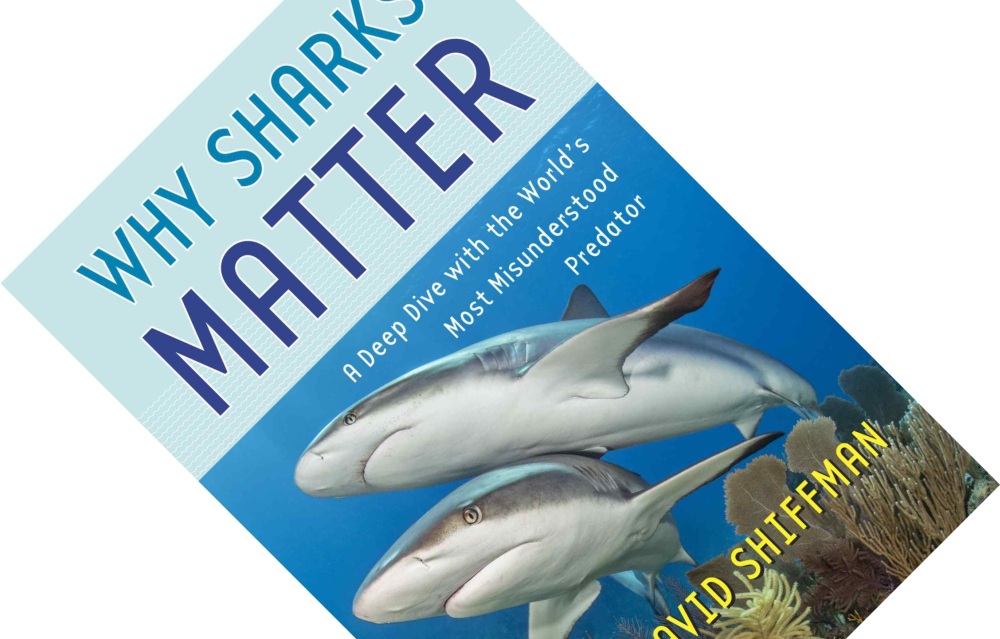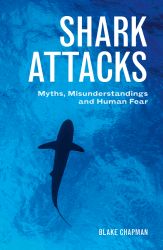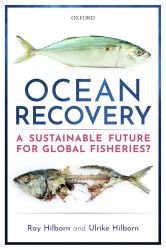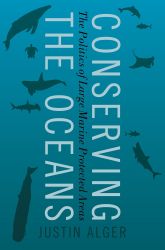7-minute read
keywords: ichthyology, marine biology, wildlife conservation
When it comes to protecting animal species, you would think that conservation biologists, environmental advocates, and animal-loving members of the public are all on the same page. However, in Why Sharks Matter, marine biologist David Shiffman shows that this is not always the case. Though there are plenty of books marvelling at sharks, this, to my knowledge, is the first one to provide an informed and informative look at shark conservation. Frank, frequently opinionated, and full of refreshingly counterintuitive ideas, Why Sharks Matter is an eye-opener that delivered far more than I expected based on the title.

Why Sharks Matter: A Deep Dive with the World’s Most Misunderstood Predator, written by David Shiffman, published by Johns Hopkins University Press in July 2022 (hardback, 285 pages)
Before diving in, it is worth mentioning what Shiffman reiterates in a footnote towards the end of the book: “There are arguments for protecting sharks that don’t have their roots in science, and these aren’t wrong, they’re just not what I’m interested in and not what this book is about” (p. 217). He focuses on science-based conservation while ethics and morality are not explicit lodestars. He furthermore focuses on conservation (i.e. keeping populations healthy and preventing extinction) which is not the same as animal welfare (i.e. minimizing suffering and pain). The two aims sometimes coincide, but at other times do not. With the scope of the book thus clarified, Why Sharks Matter breaks down into roughly two parts, both of which relate to the notion that sharks are misunderstood predators.
To start, three chapters deal with the scary reputation and actual ecological importance of sharks. Shiffman sets the stage with some basics on shark biology and ecology. This book actually complements Shark Biology and Conservation which Johns Hopkins published two years prior in 2020. Whereas that book focuses on shark biology first and conservation issues second, Why Sharks Matter takes the reverse approach. The whale shark in the room that Shiffman wishes he could avoid but has to tackle is, of course, the topic of shark attacks (though he prefers the term shark bites), which I explored way back in 2017 when reviewing Shark Attacks. He explains just how unlikely shark bites are, why the fear persists, and what are and are not sensible preventative measures. No, Shiffman would much rather tell you why we are better off with than without sharks in the water. Thus, he rounds out this section of the book by discussing the ecological importance of sharks, covering such concepts as predation release, trophic cascades, keystone species, fear ecology, and the ecosystem-wide effects of sharks.
The heart of the book, however, is the next seven chapters that deal with conservation issues. This is where Shiffman really delivers the goods and he does so on three fronts.
“the take-home message is that there are no silver bullets; the best we can often say is that some conservation solutions will work for some shark species in some places.”
First, there is much about conservation biology that will no doubt strike the average reader, and even fellow biologists, as counterintuitive. For instance, the single biggest threat to sharks is overfishing, but that does not mean that there are no sustainable fisheries: some shark populations are neither historically overfished nor currently experiencing overfishing and are well-managed. This is a point made more generally in Ocean Recovery and is not a message welcomed by everyone. Furthermore, many conservation measures could work in theory but are so poorly executed as to be ineffective or even harmful. With fishing comes bycatch, but measures to reduce bycatch of one species (e.g. dolphins) can increase bycatch of others (e.g. sharks and turtles). Marine Protected Areas (MPAs) sound great on paper and can work, but in reality are often not properly enforced for lack of resources or political will, have often not even been established in the right place to protect target species (!), and the recent trend of Very Large MPAs sees them being designated in areas where there was little fishing pressure to begin with, making them hollow victories. Probably the most counterintuitive section in the whole book is his opposition to bans on the trade in shark fins (which is not the same as the practice of shark finning; you can have one without the other). If you want to see a level-headed, factual discussion of an emotive, hot-button topic, pay close attention to this section. A host of other measures is discussed here, but the take-home message is that there are no silver bullets; the best we can often say is that some conservation solutions will work for some shark species in some places. Non-experts who claim otherwise by touting simple solutions are frequently unaware of the complexity of the full picture. This nicely leads into…
Second, Shiffman’s presentation is frank. He highlights the frequent disconnect and disagreements between scientists on the one hand, and activists and the public on the other. Though some non-profits focused on shark conservation do wonderful work, others ignore scientists, facts, and evidence, and “regularly say things that are obviously factually incorrect” (p. 221). Similarly, as someone active on social media, Shiffman frequently deals with harassment, insults, and even death threats from members of the public for stating (uncomfortable) facts. He implores people repeatedly to have some humility and listen to experts: “Not to put too fine a point on it, but non-experts who’ve been thinking about the problem for five minutes are not especially likely to come up with a better solution to a conservation challenge than scientists who’ve had years of rigorous training” (p. 177). This really should not be a controversial thing to ask for, yet the fact that this is frequently taken as arrogant and elitist, is, for me, a sad sign of the times. Next to giving his honest opinion and tackling pet peeves he also offers readers helpful advice. What are some examples of reliable non-profits, and how do you determine if a conservation organisation is worth your support? What can you personally do and what should you avoid doing?
“no less important is Shiffman’s attention to the human dimension. […] managing wildlife frequently means managing people.”
Third, but no less important, is the author’s attention to the human dimension. For instance, managing wildlife frequently means managing people. This, in turn, requires input from social science disciplines, which is still often neglected. Wildlife conservation policies are far more likely to succeed if they have community support, which means involving and consulting those people who have to bear their costs. Next, most scientists oppose activist calls for blanket fishing bans, reminding them that fishing is a matter of food security for many. Activists in wealthy nations pressuring governments of developing nations “reeks of colonialism and privilege” (p. 229). Finally, he calls out the problem of representation, racism, and sexism in his discipline, as well as some of the initiatives to address these.
Overall, Why Sharks Matter is an eye-opener that will undoubtedly challenge some of your preconceived notions. I can see how the above-mentioned focus on evidence-based conservation will rub some people the wrong way, and some will disagree with his conclusions on ethical or moral grounds. Having said that, if you want to understand the logic and inner workings of conservation biology, you owe it to yourself to read this. In a world that is awash with books on sharks, Why Sharks Matter genuinely stands out.
Disclosure: The publisher provided a review copy of this book. The opinion expressed here is my own, however.
Other recommended books mentioned in this review:
__________________________________________________________________
__________________________________________________________________










2 comments